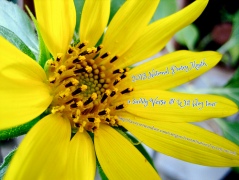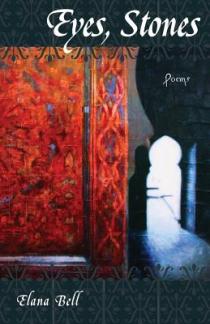
Source: Personal library
Rating: ★★★☆☆
This is what happens when a city is bombed:
Part of that city goes away into the sky,
And part of that city goes into the earth.
And that is what happens to the people when a city is bombed:
Part of them goes away into the sky,
And part of them goes away into the earth.
And what is left, for us, between the sky and the earth
is a scar.
(from “These Mornings,” Another World Instead, page 52)
Quick summary: These are Williams Stafford’s earliest poems, spanning the years 1937-1947. Only a handful of these poems were published prior to this collection. They were inspired by his experiences during World War II. Stafford was a conscientious objector, which was a difficult stance to take during a popular war that many people deemed necessary and just. Under penalty of law, Stafford was sent to work in a Civilian Public Service camp in Los Prietos, California, which he viewed as being exiled in his own country.
Why I wanted to read it: Another World Instead was our book club’s pick for May. (Yes, I am very behind in writing up reviews, hence my new review format.) Also, the editor of this collection, Fred Marchant, was my English professor back in the day at Suffolk University in Boston.
What I liked: The introduction by Fred Marchant is very informative, and without knowing Stafford’s background, it would be difficult to understand these poems. I most enjoyed the poems that were about the war, particularly “These Mornings” (which I quoted above) and “The Sound: Summer 1945,” which compares the atomic bomb with a rattlesnake.
What I disliked: The third and last section of poems from 1946-1947 were my least favorite. They were odd, particularly in comparison to the previous poems, and even numerous readings didn’t reveal any sort of meaning. Also, there was a lot of nature imagery in this collection of poems, and while I love being out in nature, I’m not a huge fan of reading about it. Maybe if I read the poems a few at a time, instead of all at once for the book club discussion, I would’ve enjoyed them more.
Final thoughts: I had mixed feelings after my first reading of Another World Instead, but I had a new appreciation for Stafford and these poems after our book club’s meeting with Fred Marchant via Skype. Fred went into even greater detail about Stafford’s background, and we read aloud several poems chosen by him and members of the book club, and then delved deeper into them. At some point, I’d like to read Stafford’s later and more popular poems, but it was interesting to read his first efforts in the genre. Readers who give this collection a try will definitely want to read the introduction by Marchant first.
Disclosure: Another World Instead: The Early Poems of William Stafford, 1937-1947 is from my personal library.
© 2014 Anna Horner of Diary of an Eccentric. All Rights Reserved. Please do not reproduce or republish content without permission.
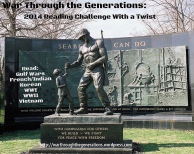
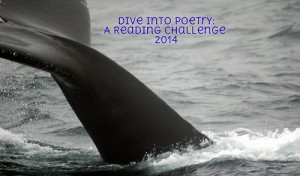

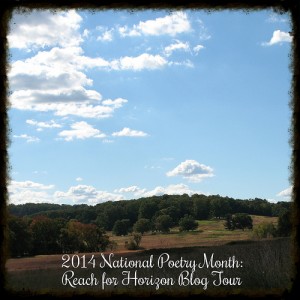







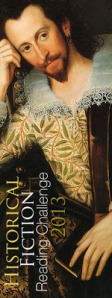



 Goodreads 2013 Reading Challenge — COMPLETED 🙂
Goodreads 2013 Reading Challenge — COMPLETED 🙂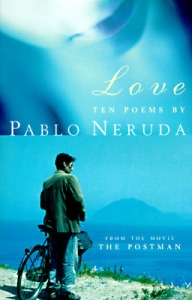 For the
For the 